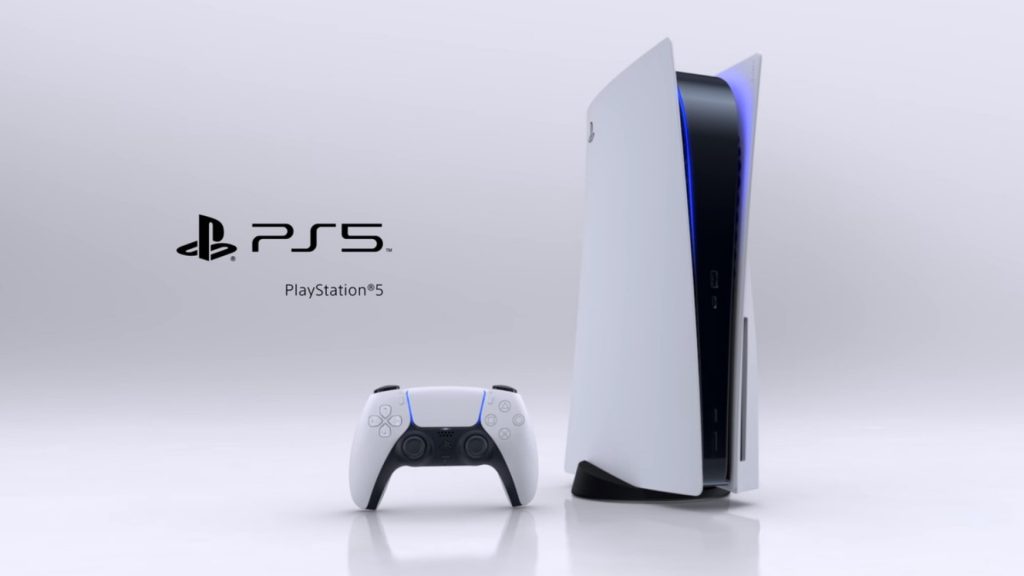Even a year after its launch, the PS5, which has sold 13.4 million units worldwide remains hard to find. Sony has been selling the console faster than it can make it, and a lot of that is, of course, down to the global semiconductor shortage, which has affected a number of other companies around the world as well. For some time, the question, of course, has been whether that will affect Sony’s targets- and it seems the answer could be yes.
While Sony had previously stated that it had already acquired enough semiconductor chips to hit its target sales for the current fiscal year (which would be a total of 14.8 million units), the company has, to be fair, also made it clear that due to the global situation brought about by COVID, there’s the possibility that things end up getting disrupted.
Now, a report by Bloomberg claims that that has come to pass. Allegedly, Sony has been having issues with procuring the semiconductor chips it needs to hit its PS5 manufacturing targets for the current fiscal year (which ends on March 31, 2022).
Where previously the company had hoped to manufacture a total of 16 million PS5 consoles throughout the year, that number has now reportedly been lowered to 15 million. That, as you might imagine, could lead to some issues with whether or not Sony manages to hits its target sales numbers for the PS5 in the current fiscal year (which are 14.8 million units sold, according to the company).
This, of course, is just one of several examples of the semiconductor shortage impacting a company’s plans in a major way. Nintendo recently said that it will be unable to keep up with demand for the Switch this Holiday season, while Valve also recently delayed the Steam Deck to February 2022 for the same reason. Microsoft has also previously stated that Xbox Series X/S shortages will continue until 2022.
The global semiconductor shortage is likely to continue for some time to come. Companies like Toshiba, Foxconn, and AMD (to name just a few) have said that it won’t be until some time in 2022 that the situation finally begins to improve, while recently, Intel said that that might even get stretched further into 2023.














